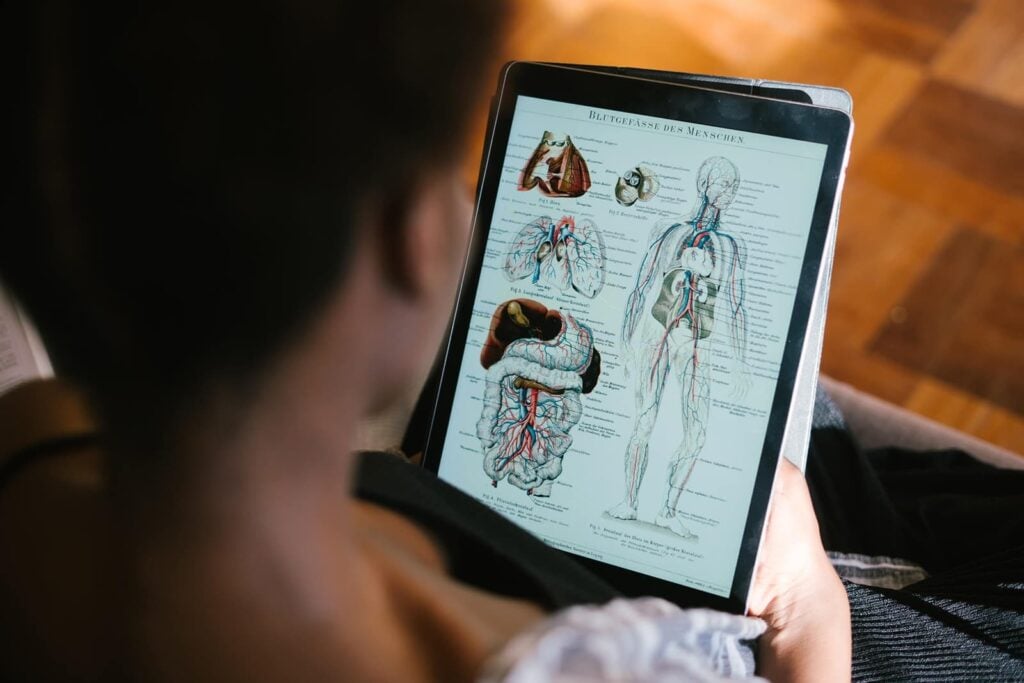Embracing mindfulness and nature-based self-care practices can offer counselors a path towards sustainable well-being, enabling them to approach their work with renewed energy, clarity, and compassion.
Discover the transformative power of mindfulness and nature-based self-care for university counselors. Through practices like mindful journaling and nature bathing, counselors can cultivate resilience, compassion, and renewed energy to navigate the complexities of their profession with clarity and purpose. Prioritize self-care for sustainable well-being and effective support for students.
In the high-stakes arena of university admissions, counselors serve as the linchpin between aspiring students and their academic futures. The role demands not just expertise in academic planning and application procedures, but also a profound emotional intelligence to guide students through one of the most pivotal junctures of their lives. This multifaceted responsibility, while inherently rewarding, exacts a significant toll on counselors’ psychological and physiological well-being, particularly during peak application periods such as the Oxbridge deadlines.
The Oxbridge Case Study: A Perfect Storm of Challenges
Every year, the conclusion of the Oxbridge application cycle serves as a poignant reminder of the intense pressures faced by high school counselors. The October 15th deadline for Oxford and Cambridge universities represents not just a date on the calendar, but a crucible in which the hopes and aspirations of the most academically ambitious students are distilled into a single, high-stakes application. For counselors, this period is characterized by a perfect storm of challenges: temporal compression, emotional labor, technical precision, and systemic pressure.
The early deadline, coupled with the start of the academic year, creates a compressed timeframe for finalizing applications, often necessitating long hours and weekend work. Counselors must navigate the intense emotions of students and parents, managing expectations while providing unwavering support. The unique requirements of Oxbridge applications, including subject-specific tests and early interviews, demand meticulous attention to detail and coordination. Moreover, the prestige associated with Oxbridge admissions often translates to institutional pressure on counselors to ‘deliver’ successful applications.
The Neurophysiological Impact of Chronic Stress
This confluence of factors can lead to a state of chronic stress, potentially culminating in burnout if left unaddressed. The aftermath of the Oxbridge deadline often leaves counselors emotionally depleted, yet facing the imminent pressure of regular decision deadlines for other universities. To fully appreciate the imperative of self-care, it’s crucial to understand the neurophysiological impact of chronic stress on counselors.
Prolonged exposure to high-stress environments triggers the hypothalamic-pituitary-adrenal (HPA) axis, leading to elevated cortisol levels. This hormonal cascade, while adaptive in short-term stress responses, can have deleterious effects when chronically activated. Neuroimaging studies have shown that chronic stress can lead to structural changes in the brain, particularly in the prefrontal cortex, hippocampus, and amygdala. These alterations can manifest as impaired decision-making, reduced cognitive flexibility, and heightened emotional reactivity – all of which can significantly impair a counselor’s ability to provide optimal guidance to students.
Mindfulness: A Powerful Countermeasure
In light of these neurophysiological challenges, mindfulness emerges as a powerful countermeasure. Defined as non-judgmental present-moment awareness, mindfulness has been shown to modulate activity in the default mode network (DMN) of the brain, a region associated with self-referential thinking and rumination. For counselors, the practice of mindfulness can serve multiple functions: emotional regulation, cognitive enhancement, and stress resilience.
By cultivating non-reactive awareness of thoughts and emotions, counselors can better manage the intense feelings that arise during high-stress periods. Regular mindfulness practice has been associated with improvements in working memory and attention, crucial cognitive functions for managing the complex details of multiple applications. Furthermore, mindfulness has been shown to reduce activity in the amygdala and increase connectivity between the amygdala and prefrontal cortex, potentially enhancing stress resilience.
Practical implementations of mindfulness for counselors might include micro-practices, such as brief 1-2 minute mindfulness exercises between student meetings to reset and refocus. Mindful communication, practicing active, non-judgmental listening during student interactions, can enhance empathy and reduce emotional exhaustion. Mindful journaling, a structured reflection on daily experiences, can help process emotions and gain insights into personal stress triggers.
Complementing mindfulness practices, ecotherapy – the use of nature-based interventions for mental health – offers another powerful avenue for counselor self-care. The theoretical underpinning of ecotherapy lies in Attention Restoration Theory (ART), which posits that natural environments can replenish depleted cognitive resources. Practical applications of ecotherapy for counselors might include green micro-breaks, taking brief walks in nature during the workday, even if just in a small garden or nearby park. Biophilic office design, incorporating natural elements like plants, natural light, and nature sounds into the counseling office environment, can create a more restorative workspace. Engaging in reflective practices like journaling or meditation in natural settings outside of work hours can further enhance the benefits of nature exposure.
Self-Compassion: A Framework for Emotional Resilience
The concept of self-compassion, as developed by researcher Kristin Neff, offers another powerful framework for counselors to navigate the emotional challenges of their role. Self-compassion comprises three elements: self-kindness, common humanity, and mindfulness. For counselors, cultivating self-compassion can serve as a buffer against the potential for vicarious trauma and compassion fatigue, particularly during high-stress periods like the Oxbridge application season. By recognizing the shared human experience of struggle and treating oneself with kindness, counselors can maintain emotional equilibrium even when faced with disappointing outcomes or challenging interactions.
Practical strategies for developing self-compassion include compassionate self-talk, developing a kind, supportive inner dialogue, particularly during moments of perceived failure or inadequacy. Loving-kindness meditation, a specific form of meditation focused on generating feelings of goodwill towards oneself and others, can foster a more compassionate mindset. Engaging with other counselors in peer support groups to share experiences and normalize the challenges of the role can foster a sense of common humanity.
Towards a Sustainable Model of Counseling Excellence
The role of counselors, particularly those guiding students through high-stakes processes, is indispensable in shaping the academic trajectories of countless students. However, the sustainability of this crucial function hinges on counselors’ ability to maintain their own well-being amidst the intense demands of their profession. By integrating evidence-based practices like mindfulness, ecotherapy, and self-compassion into their professional lives, counselors can cultivate a resilience that not only prevents burnout but enhances their capacity to provide transformative guidance.
This holistic approach to counselor self-care is not a luxury, but an ethical imperative – one that ensures counselors can continue to be the beacon of support and wisdom that students need as they navigate the complex waters of university admissions. By prioritizing their own well-being, counselors do not detract from their commitment to students, but rather enhance it. A well-supported, resilient counselor is better equipped to guide students through the challenges of university admissions, helping them not just to achieve their academic goals, but to develop the emotional intelligence and resilience that will serve them throughout their lives. In the crucible of university admissions, where dreams are forged and futures shaped, the well-being of counselors stands as a critical, yet often overlooked, element in the equation of student success.


